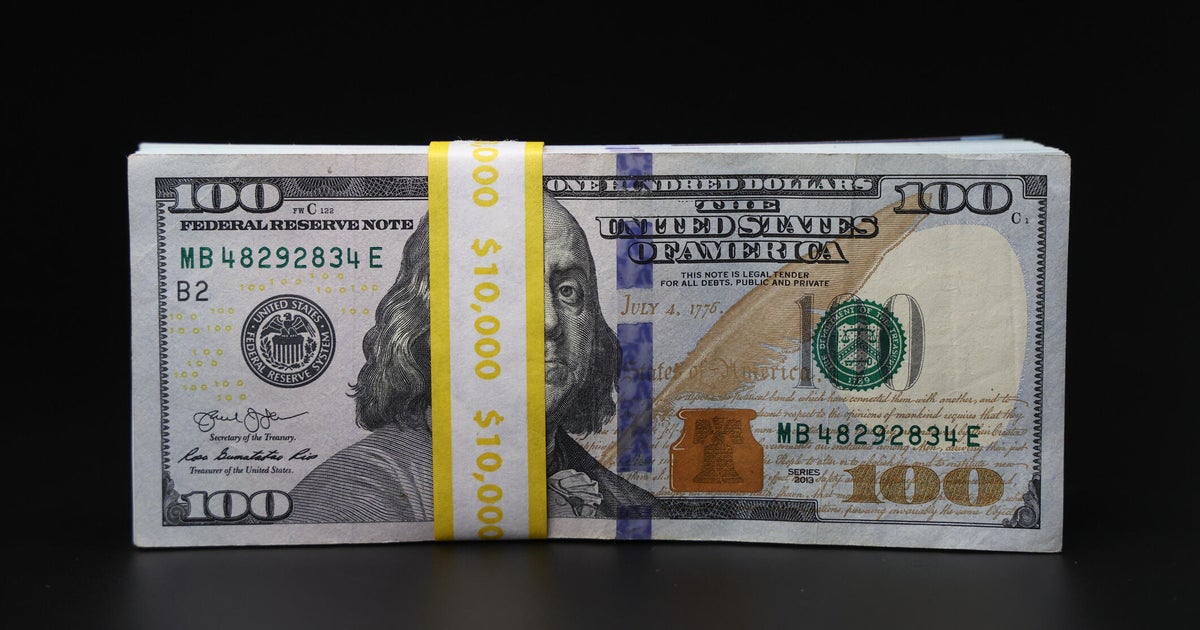CDs vs. regular savings accounts: Which is better?
It's always smart to explore ways to protect and grow your money. But in today's inflationary environment, it's vital. With prices high for everything from food to veterinary care, many Americans are looking for any advantage they can get.
This is especially true for their savings and the accounts those savings are left in. Interest rates on regular savings accounts are a paltry 0.39% as of early May while rates on certificates of deposit (CDs) are exponentially higher.
But does that mean CDs are automatically better than regular savings accounts? Or are account holders better served by keeping their money untouched? That's what we will explore below.
To understand which type of account is better for your needs it first helps to know how they operate.
What is a CD?
A CD is a type of bank account in which account holders earn interest by depositing their money for a specified period of time. This interest is typically higher than what they can secure via a regular savings account, although they'll need to keep the money stored in the CD for the full agreed-upon term to fully earn it. Early withdrawals will lead to significant penalties, which could potentially wipe out the benefits earned from the higher interest rate.
CDs come in different terms or lengths. Traditionally the longer you kept your money in a CD the higher the interest rate, although that hasn't always been the case in recent months.
What is a regular savings account?
Chances are high that you already have a regular savings account. This is an account offered by almost all banks in which account holders can deposit money to accumulate over time. These types of accounts are frequently used as backup reserves for emergencies or for other unplanned major expenses. Money can be deposited freely, although depending on the bank or lending institution, withdrawals may be limited to a certain amount each month. Unlike checking accounts, account holders typically won't pay their bills from these types of accounts.
CDs vs. regular savings accounts: Which is better?
A CD may be better for you if:
- You want to earn more interest: CD interest rates are exponentially higher than those tied to regular savings accounts. Average interest rates on regular savings accounts are 0.39% currently, according to the FDIC. But CD interest rates could be 3.5% to 4.5% or even higher, depending on the bank. So if you want to grow your money at a significantly expedited pace then a CD may be better for you than a regular savings account.
- You don't need access to your money: If you're fine leaving your money in an account that you can't access for a set period of time then a CD could work for you. This will allow your money to grow at the higher interest rate the CD offers while you use funds from somewhere else for day-to-day spending.
- You want to protect your money from constant use: It can be difficult to save money and the temptation to withdraw from your account for unnecessary items is always there. But with a CD you don't have to worry about that. Your money will be protected from any excessive withdrawals and usage (unless, of course, you're willing to pay a penalty to access it).
Explore your CD options here to see which is best for you.
On the other hand, a regular savings account may be better for you if:
- You need to access your savings frequently: It's understandable if you need to access your savings often (most people do). But if that's the case, it may make sense to keep your money in a regular savings account where you can make regular withdrawals, versus tying it up in a CD. Or consider splitting the difference by locking some portion of your money away in a CD while leaving another chunk in your regular account. You can also ladder CD accounts that expire at different times so you always have access to some money.
- You're OK making less interest: Perhaps you're fine with making less interest on your money than you could be making elsewhere. If you're already well-positioned financially, it's possible that the current APY on CDs isn't as tempting as the access you'll have to give up to get it. In these instances, a regular savings account may be sufficient for your needs.
- You have a short-term goal: To get the most benefit from a CD you'll need to leave it there for the duration of the term (which can range from a few months to a few years). But if you have a short-term, small goal that you need to accomplish in, say, 60 days, it may not make sense to lock your money up for longer than that, even if you could ultimately grow it at a higher rate.
A final consideration
If you think a CD is too restrictive but are unimpressed by the interest being offered by today's regular savings accounts you have a third option to explore: a high-yield savings account. These types of accounts come with almost all of the features and flexibility of regular savings accounts, except they also come with a higher APY (hence the name). Interest rates on high-yield savings accounts are in the same ballpark as CDs, so make sure you do your research before making any final money moves.
Learn more about high-yield savings accounts here now or via the below table.




